Boris Johnson profile: Who is the man named Britain's new Conservative prime minister?
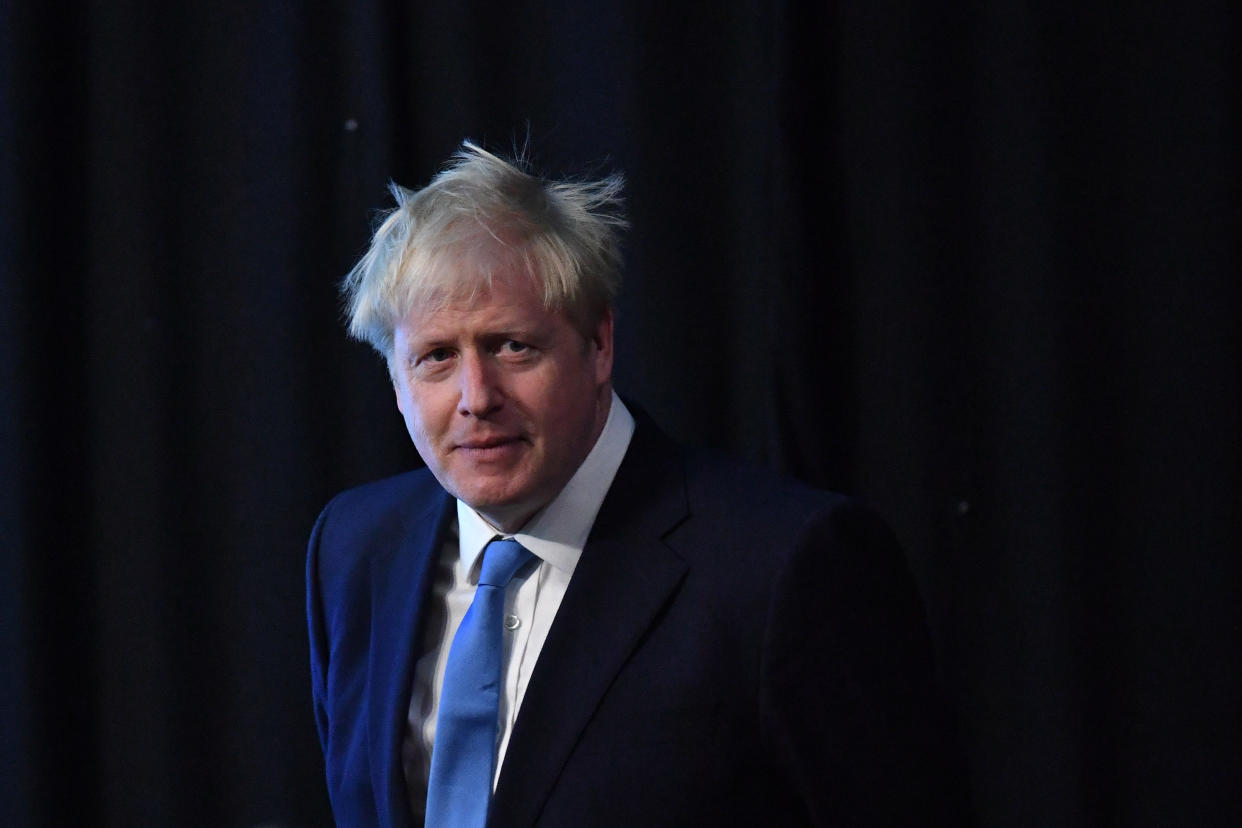
In an in-depth profile, we assess the life, career, achievements and controversies of Boris Johnson.
In one sentence:
Eccentric, unmissable, divisive and outspoken - journalist-turned-MP and former minister ‘BoJo’ has been eyeing up the top office for years; after years of maneouvreing, he’s finally landed the top job.
How did he vote on Brexit, and what does he think now?
A prominent Brexiteer, Johnson led the Leave campaign in 2016, while riding a now infamous bus. He opposed Theresa May’s Brexit deal several times and eventually resigned the cabinet in protest, but did support her third attempt at getting a deal through the Commons.
When launching his Tory leadership bid, Johnson made a warning to MPs that they will face “mortal retribution” from the electorate if they try to stop Brexit.
Johnson said he would rather Britain left with a deal, while preparing for a “managed exit” if one could not be struck.
Any controversy?
Where to start? Johnson has been no stranger to controversy ever since early forays into journalism and politics.
Johnson has been sacked from two separate jobs for lying. In 1998, he was let go as a political writer for The Times after fabricating a quote in an article. Six years later he was sacked as shadow arts minister for lying about an extra-marital affair.
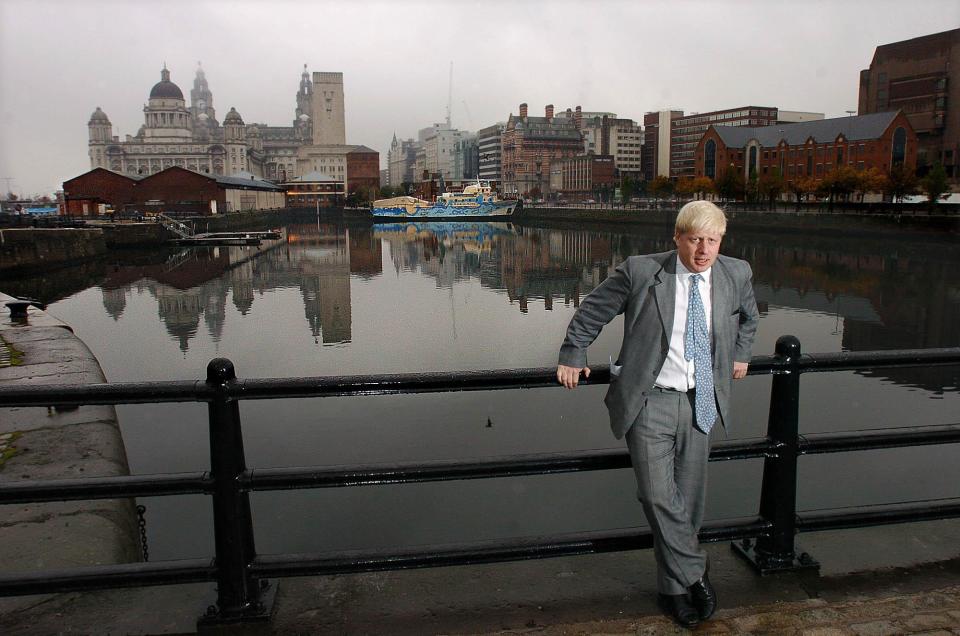
In 2004, he was ordered by the then Tory leader Michael (now Lord) Howard to go to Liverpool to apologise in person for an article he had written accusing the city of wallowing in grief over the killing in Iraq of hostage Ken Bigley.
In the same piece Spectator piece, he said Liverpool made scapegoats of police in the Hillsborough disaster while refusing to acknowledge the part played by “drunken” fans “mindlessly” trying to fight their way in.
Campaigning for London mayor in 2008, he was forced to apologise for another article, written six years earlier, in which he referred to black people as “piccaninnies” and referred to “watermelon smiles”.
BORIS JOHNSON IN NUMBER 10: MORE FROM YAHOO UK
Johnson is a 'mini-Trump' who will be a disaster, warn Euro newspapers
Boris Johnson: ‘can-do spirit’ can solve problem of Irish border
Michael Gove: Why I’ve changed my mind about Boris Johnson
Boris Johnson says ‘three years under Theresa May will seem like a bad dream’ once he’s Prime Minister
Boris Johnson profile: Eccentric, unmissable... and now the man in the top job
More recently, he faced calls to resign last November amid claims his loose comments about a British-Iranian woman held in Iran had jeopardised her chances of release.
Giving evidence to the Commons Foreign Affairs Committee, Mr Johnson said Nazanin Zaghari-Ratcliffe had been “training journalists” at the time of her arrest, even though she maintained she was on holiday.
Her dismayed family said the error had been seized on by the Iranian authorities as proof that she represented a threat to the regime.
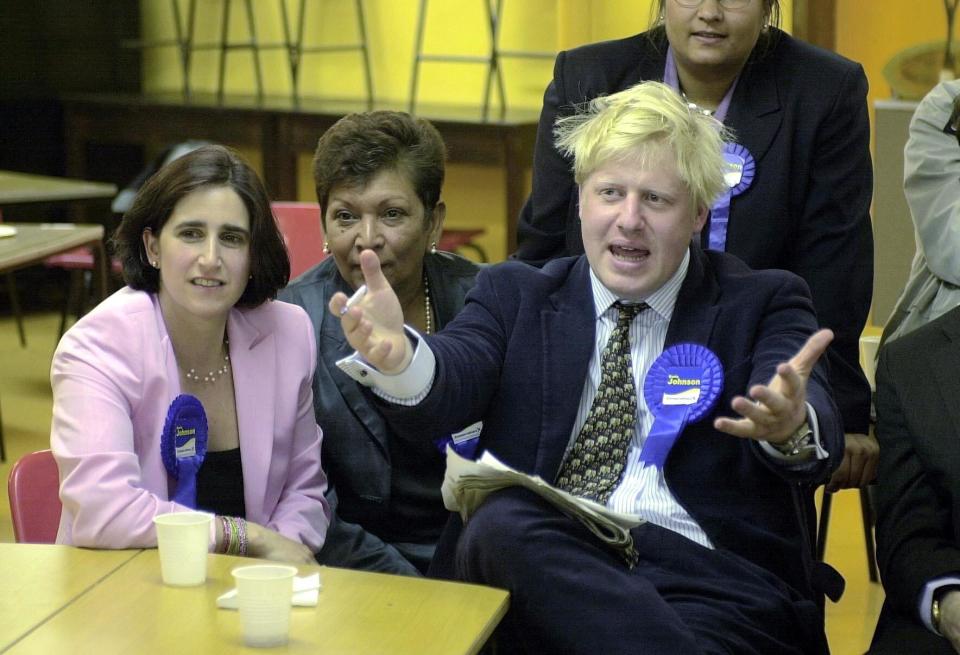
After initially refusing to recant, Mr Johnson finally came to the Commons to admit his “mistake” and to apologise for the “distress and anguish” his words had caused.
In 2018, Johnson faced accusations of Islamophobia after saying Muslim women wearing burkas ‘looked like letter boxes’. He was asked about this comment at his campaign launch, but said he ‘would not veil his language as prime minister’.
As recently as March, the then foreign secretary was forced to eat humble pie after a ‘frankly sexist’ comments where he referred in the Commons to his Labour opposite number Emily Thornberry as the “Lady Baroness whatever” – an apparent reference to the title of her husband, Sir Christopher Nugee.
A contrite Mr Johnson insisted he had meant no harm and apologised “unreservedly” if he had offended Ms Thornberry’s feelings.
Biggest policy promises?
Mr Johnson has pledged a tax cut for high earners in his bid to be the next Tory leader.
He plans to raise the 40p income tax threshold to £80,000, at a cost of almost £10 billion.
The higher rate of income tax currently applies on earnings over £50,000 in England and the move could benefit more than three million people.
Johnson said he believes the cost of the policy could be met through some of the cash set aside for no-deal Brexit planning.
The would-be PM also promised to spend ‘at least £5,000 on every secondary school pupil’ in an effort to ‘level up’ Britain’s education system.
Voting history:
Johnson supported military intervention in the 2003 Iraq war.
He voted yes on the Civil Partnership Bill in 2004, but was London Mayor when gay marriage was legalised, so did not get a vote.
Johnson has voted against measures to prevent climate change, such as setting carbon reduction targets, and also voted to raise the income tax threshold to allow lower taxes for higher earners.
While Johnson said ‘standing up for human rights…helps create a safer, more prosperous and progressive world’, monitoring website TheyWorkForYou said he ‘generally voted against’ laws to promote equality and human rights’. They did also highlight, however, that Johnson ‘generally supported’ equal gay rights’.
Career to date:
Born to British parents in New York and educated at Eton and then Oxford University, Johnson, 54, was initially a political writer for the Daily Telegraph in the late 1980s, later becoming a columnist and eventually editor of sister publication, The Spectator.
His early columns, featuring his trademark verbose and flamboyant literary style, gained him immediate attention.
Johnson’s frequent Eurosceptic views criticising the European Commission would foreshadow his political leanings - though he was also often criticised by fellow writers for publishing untruths and ‘fake journalism’.
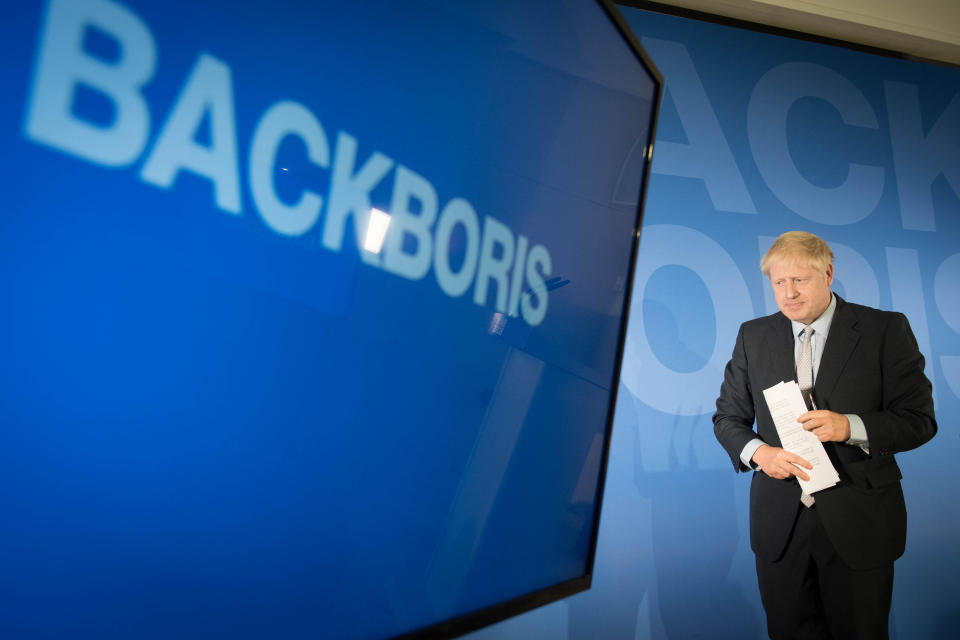
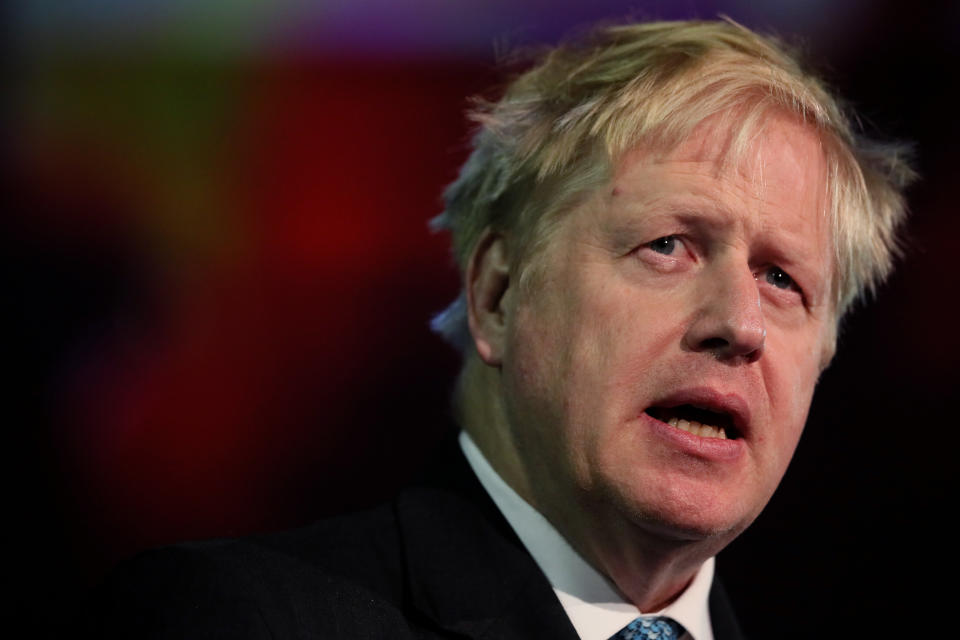
Johnson’s first foray into politics saw him elected into the safe Tory seat of Henley, Oxfordshire, in 2001. He’d be re-elected in the 2005 general election while furthering his political ambitions by landing increasingly senior positions.
He was made vice-party chairman under Michael Howard in 2004, then later shadow arts minister and shadow higher education minister under David Cameron.
By now a household name, in 2007 Johnson ran as a candidate to become only the second ever Mayor London, defeating Labour’s Ken Livingstone the following year. Having been fired from The Spectator in 2005 by Andrew Neil, Johnson nonetheless maintained his columnist work with the Telegraph, despite criticism over the reported £250,000 annual salary.
Despite his divisive persona and a string of personal scandals, Johnson was re-elected as Mayor in 2012, implemented Ken Livingstone’s public bicycle system (later dubbed ‘Boris Bikes’), and oversaw London’s successful hosting of the 2012 Olympics before stepping down in 2016.
Johnson returned to the Commons in 2015 when he was elected as Tory MP for Uxbridge and South Ruislip. Continuing his anti EU-stance, he backed the ‘Leave’ campaign in the 2016 European referendum, appearing to anger Prime Minister David Cameron by claiming June 23 would be ‘Britain’s Independence Day’ in TV debate.
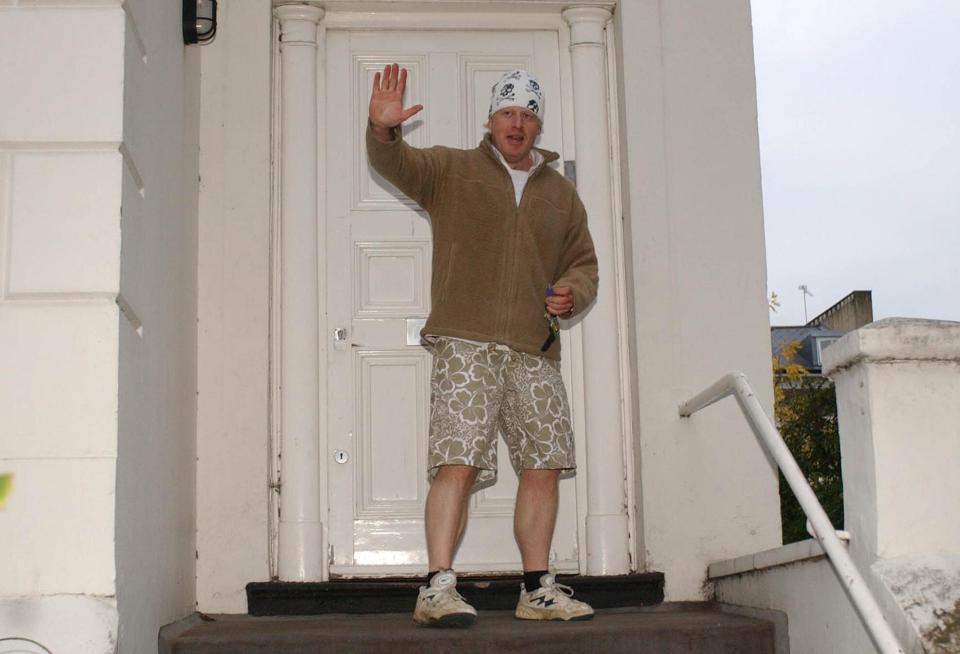
When ‘Leave’ won and David Cameron resigned, Johnson was a front-runner to become PM, but instead was named as Foreign Secretary under Theresa May.
The PM’s move was seen as a way of keeping Johnson in a senior position, but out of immediate visibility in government. He continued to make headlines and cause controversy, however, before resigning his post in July 2018 as May’s cabinet continued to struggle to find agreement on Brexit strategy.
Johnson has remained on the backbencher since resigning from the cabinet, and has never strayed far from the headlines.
What his colleagues say:
Margot James, digital minister: ‘I don’t trust Boris and I don’t think he’s up to the job.’
Gavin Williamson, former chief whip and defence secretary: ‘He’s the one who can deliver change for both the Conservative party and the country. I will be enthusiastically backing him and very much hope I can play a small role in making sure his name is the one the party chooses as leader.’
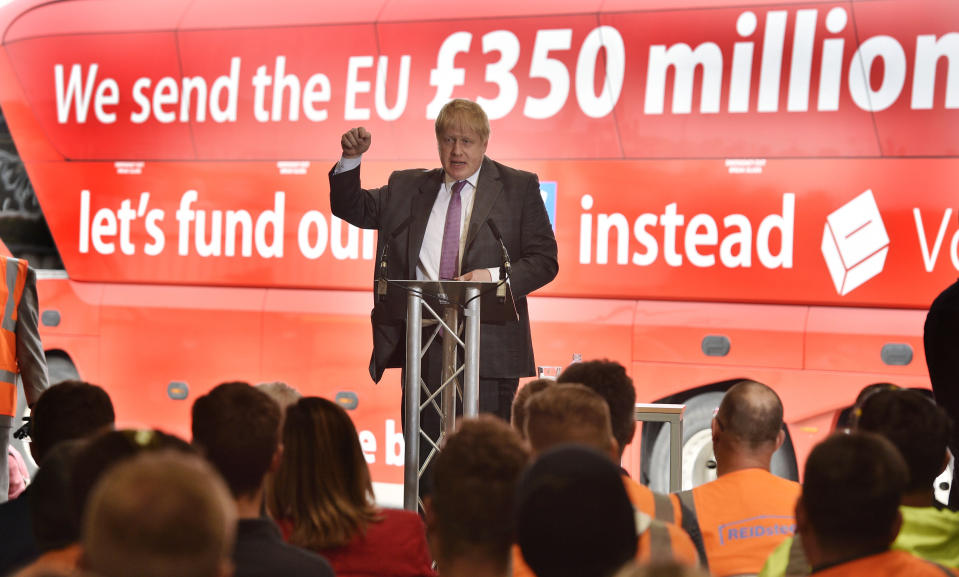
Public awareness?
How can you ignore Boris? According to YouGov, he’s currently Britain’s most popular and 3rd most famous Conservative politician, with 97% of respondents having heard of him.
In his own words:
In 2004 when shadow arts minister: ‘My chances of being PM are about as good as my chances of finding Elvis on Mars, or my being reincarnated as an olive.’
On Brexit: ‘No one sensible would aim exclusively for a no-deal outcome. No one responsible would take no-deal off the table.’
When asked if he’s ‘evolved’ since previously stating he was ‘incapable’ of being prime minster: ‘I’ve changed my mind. In those three years I’ve been through a variety of experiences. I think that I’ve evolved as a politician.’
Did you know?
Johnson claims he was arrested and held overnight by police for throwing a flowerpot through a restaurant window in 1987, while a member of Oxford University’s Bullingdon Club. It later emerged that he and David Cameron escaped before the police arrived.

 Yahoo News
Yahoo News 
